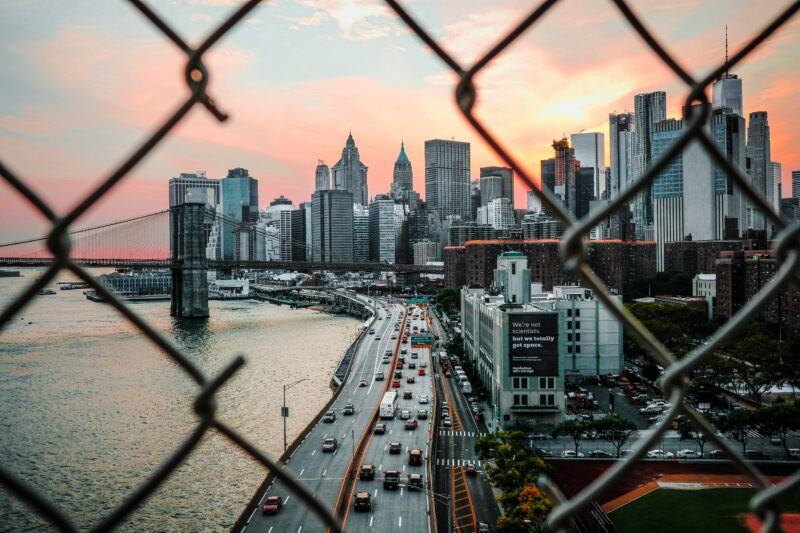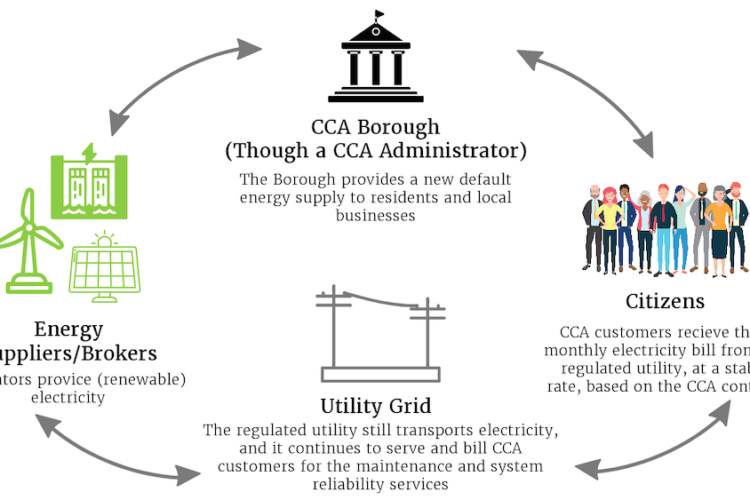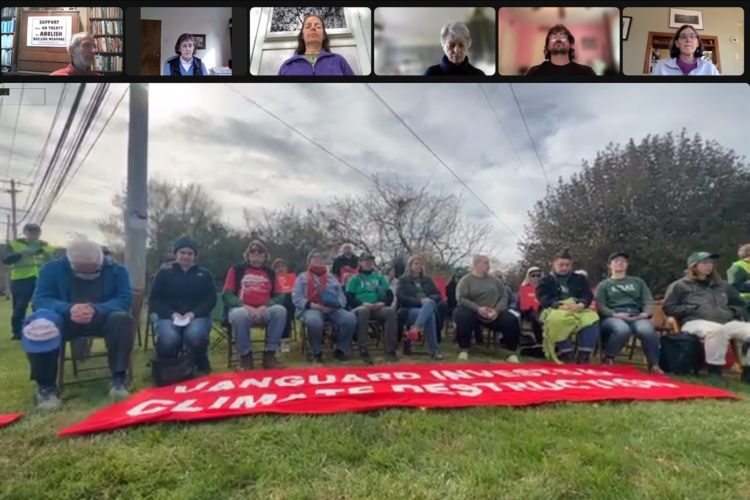Moving Corporate America Toward a Sustainable Economy

By David Ciscel.
How do we get to a livable and sustainable world, starting from the economy that we are living in? That is an incredibly difficult job for many reasons. But one issue rises above the many others.
The key institution in the modern global economy is the large, multi-product, international-sourcing corporation. The typical corporation involves thousands of individuals, no one of whom (including the CEO) is indispensable. The rules of corporate behavior are opaque and complex, and they are not democratic. Hierarchical decision making is the norm. Its cancer-like growth continues until it dies, like Sears, or until phoenix-like, it has a second or third re-birth like General Motors or United Airlines. Most progressives dislike the corporate world, but tend to, simultaneously, live in non-profit or governmental versions of that corporate bureaucracy. So, we have to take into account the necessity of modern corporate life as we begin to move toward an ecological economy.
Interestingly, the corporate economy is not static. While it won’t change its inherent desire to grow or its constant manipulation of the modern consumer, it does—like its modern giant container ships —slowly change direction.
The efficient use of energy resources by the corporation has improved dramatically. Fortunately, consuming intangibles, from education to vacation services, has partially replaced buying or leasing products and, consequently, reduces resource waste. Products and investment goods, like electric cars, solar panels, and wind turbines are now part of the corporate economy. Even some energy companies pretend to be green.
None of these changes is large enough to stop the destruction of biological diversity or the movement towards unsustainable climate change, but it shows that the real, existing corporate world does in fact change ecological directions. So how else could we influence this world?
Moving away from our current way of living is difficult for most of us in the US and Canada. While modern consumption patterns may be unsustainable, they also free us from many of the difficulties of pre-modern life.
First, isn’t it time to build a day-off for the Earth? Just fifty years ago, most places in the US had laws and ordinances that required non-essential businesses to close for First Day. Reviving those old ways would bring Earth Day every week by eliminating the search for stuff one-seventh of the time. That is, getting rid of the economy for a day saves us from the ravages of the economy for that day.
The public sphere is full of product promotions. Sports teams, universities and colleges, and not-for profits all promote more consumption by naming buildings, celebrities, and activities after products or services. If you go to the symphony, you are reminded that it is time to paint your home or apartment. Making all aspects of life commercial increases our fascination with getting more stuff. As many of us do when we buy streaming services, it is time to turn off the commercials part of the time.
Second, ecologically minded progressives often promote the opposite of what is needed to live sustainably with such a large population of humans. We talk about the joys of nature, but we must get humans out of the business of destroying biodiversity. The most effective way to reduce the human impact is to concentrate the ways we humans live. Compact, dense cities mean that apartments and homes can share heating and air conditioning systems. People can walk to stores and entertainment. Mass transportation systems have the population density to be effective. Rural and suburban living is a nightmare of wasted energy. But people have been leaving rural places for years. Policies that continue to encourage urban migration can also solve energy issues.
Third, we need to live with a certain level of waste. The technological change that has produced solar panels, wind turbines, and electric cars is based on industries that use huge amounts of energy. Just like bio-fuels, these experiments with moving away from fossil fuels will often fail as long-run solutions, but the goal is to find new ways of maintaining the benefits of an urban, industrial economy without losing the Earthly foundation of our existence.
Over the long twentieth century, the economy delivered a world characterized by abundance for many in the Global North. And that abundance is usually produced and delivered by giant corporations. It is time to nudge those corporations to add sustainability to that list of positive outcomes, converting a real, existing corporate world into a real, existing ecological economy.
David Ciscel is long time climate activist with QEW. He is a member of Memphis Friends Meeting. David is a retired economics professor from the University of Memphis.


